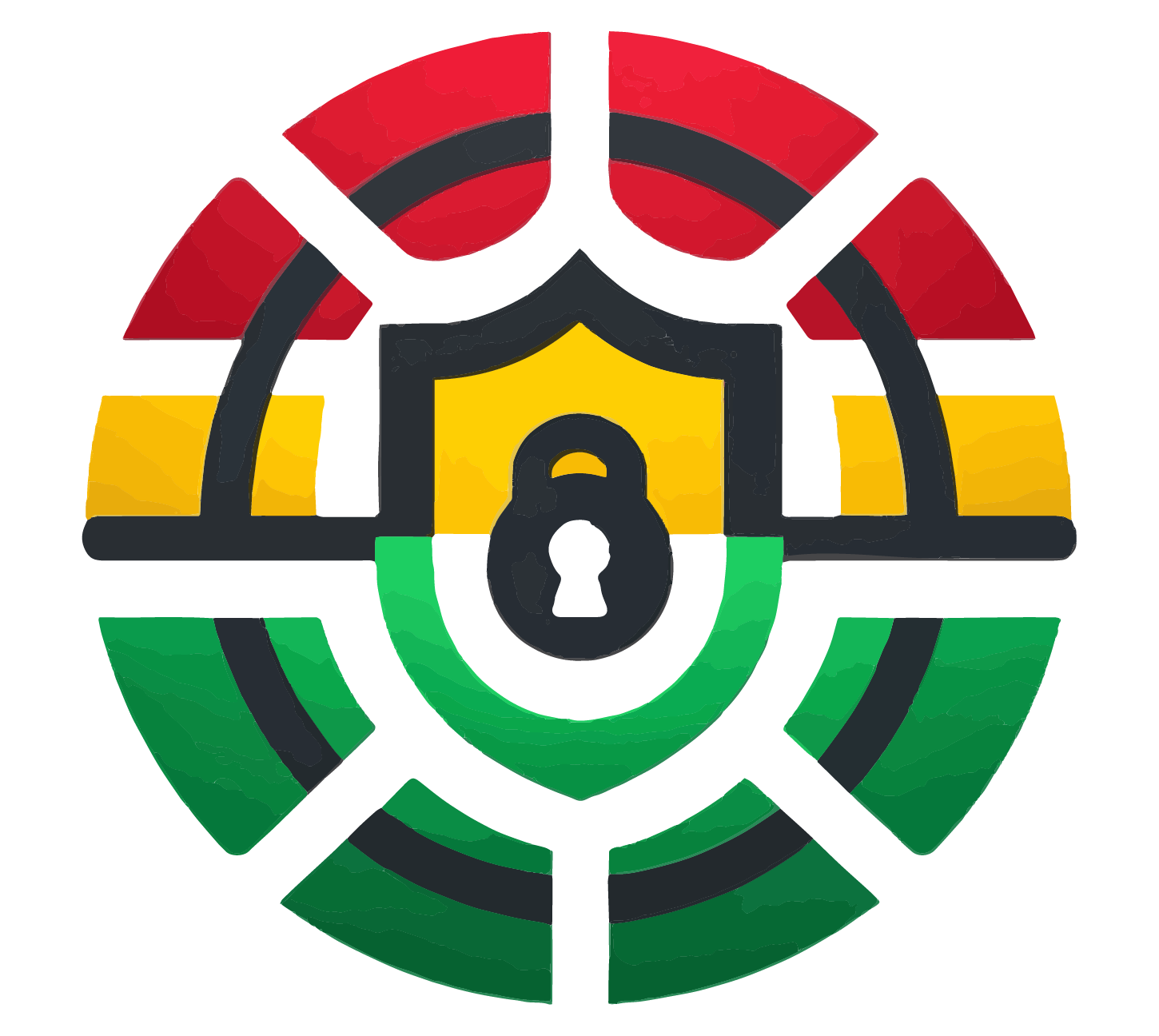Emergency Trauma Bag (ETB)
The Emergency Trauma Bag (ETB) is a compact, versatile medical kit specifically designed for immediate response to traumatic injuries in high-risk and remote environments. It contains essential supplies such as tourniquets, hemostatic dressings, chest seals, airway management tools, and other critical items necessary for addressing severe bleeding, airway obstruction, and other life-threatening conditions. The ETB is organized for quick access, enabling first responders to deliver rapid, effective care under pressure. Its design supports both self-aid and buddy aid, making it an indispensable tool for security personnel, medical professionals, and humanitarian workers operating in challenging settings.
The ETB Course is an intensive 5-day training program designed to equip participants with the skills and confidence to effectively use the ETB in critical situations. This course covers essential trauma care techniques, focusing on the practical application of the ETB’s contents, such as tourniquets, hemostatic agents, and airway devices, in real-world scenarios. Through hands-on practice and scenario-based exercises, participants learn to manage life-threatening injuries like severe bleeding, airway obstructions, and chest trauma under pressure. The course fosters a diverse and inclusive learning environment, welcoming security personnel, first responders, and humanitarian workers from various backgrounds to collaborate and enhance their trauma management skills in high-risk settings.
Individual First Aid Kit (IFAK)
ETB 2.0 First Responder Course
Overview: Tailored for UN personnel, humanitarian workers, and NGOs, this 5-day course covers essential medical skills for those operating in remote and resource-limited settings. Participants will learn how to provide medical care in field conditions with limited supplies.
Key Topics:
Primary assessment, triage, and medical decision-making
TCCC/TECC principles for humanitarian settings
Hemorrhage control, wound management, and airway support
Patient extraction, evacuation techniques, and improvised medical care
Scenario-based exercises simulating real-world field conditions
The Individual First Aid Kit (IFAK) is a compact, portable medical kit designed to provide immediate, life-saving care in emergency situations, particularly in high-risk and remote environments. It typically contains essential medical supplies, including tourniquets, pressure bandages, hemostatic agents, chest seals, and basic airway management tools, all geared towards controlling severe bleeding, managing traumatic injuries, and stabilizing patients until further medical help is available. The IFAK is specifically tailored for quick access and ease of use, empowering first responders, military personnel, and humanitarian workers to address critical injuries swiftly and effectively, often in challenging conditions where professional medical assistance may be delayed.
Essential First Responder Skills for Humanitarian Fieldworkers
***
Essential First Responder Skills for Humanitarian Fieldworkers ***
IFAK 2.0 Course
Overview: Learn how to effectively use the Individual First Aid Kit in critical situations. This 2-day course focuses on the practical application of medical supplies in the field, enabling participants to respond to injuries swiftly and efficiently.
Key Topics:
IFAK components and their use
Bleeding control and airway management
Self-aid and buddy aid techniques
Scenario-based exercises
Medical decision-making under pressure
The IFAK training course is designed to provide participants with the critical skills needed to manage traumatic injuries in high-risk and remote environments using their IFAKs. Typically delivered over two days but customizable according to the client's needs (minimum 8 hours), the course focuses on practical, hands-on learning. Participants will receive comprehensive training on the contents of the IFAK, including hemorrhage control techniques, basic airway management, chest injury treatment, wound care, and patient movement strategies. The course includes realistic, scenario-based exercises that replicate field conditions, allowing participants to apply their skills under pressure. With class sizes of 6-8 candidates, the training ensures personalized feedback, empowering participants to respond swiftly and effectively to medical emergencies in real-world situations.



